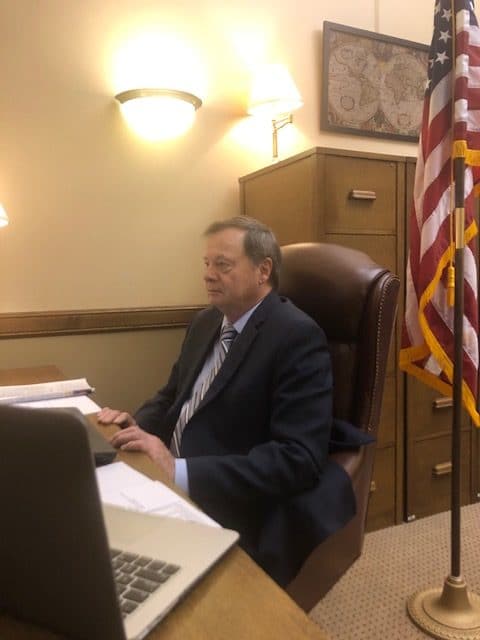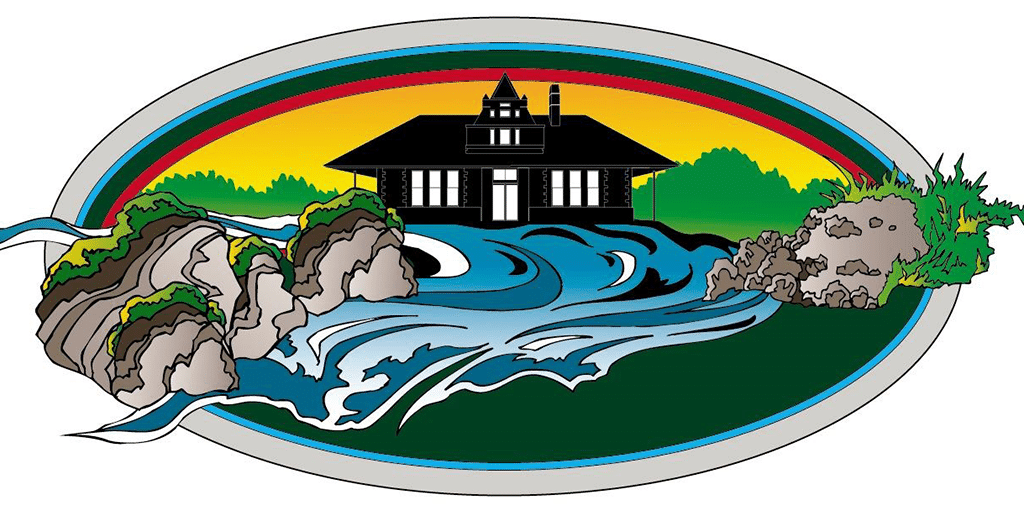The U.S. Congress is not well prepared for continuing its work during a pandemic. The Constitution requires both houses to have a quorum — a majority of members — to conduct business. Any member can call for a quorum in her/his chamber, and if a majority is not present, the Senate/House cannot vote on any legislation until there is a quorum. Under House and Senate rules, only members who are present in the chamber count toward a quorum. If at least half of either chamber is quarantined or otherwise unable to attend a session, the legislative process could stall in the middle of a crisis. Of course, when the Constitution was adopted there was no conception of technology that would permit virtual attendance.

Wisconsin’s legislature does allow for meeting virtually. Rep. Don Vruwink participated in the Assembly floor session via computer on Tuesday, April 14. The Assembly met in “virtual session” rather than in person due to distancing requirements. Vruwink joined 97 of his colleagues in voting in favor of legislation addressing some of the challenges of the coronavirus pandemic. The State Senate passed the bill the following day, and Gov. Tony Evers quickly signed it.
Whitewater’s city government also allows for virtual meetings. Three City of Whitewater bodies met virtually in the last two weeks: Plan & Architectural Review Commission, Common Council, and Board of Review. It appears that these are the first times ever that city meetings have occurred virtually. Though there were a few technological glitches, in general the meetings proceeded quite routinely and necessary business was conducted. There was virtually no active public participation. It is hoped that as virtual meetings continue to occur in the coming weeks citizens will feel comfortable expressing their opinions on the phone or online as they would have done in person.
















![IMG_6510[1] IMG_6510[1]](https://whitewaterbanner.com/wp-content/uploads/bb-plugin/cache/IMG_65101-scaled-panorama-70072b6d628be7eccb498a74c2a709db-.jpg)

